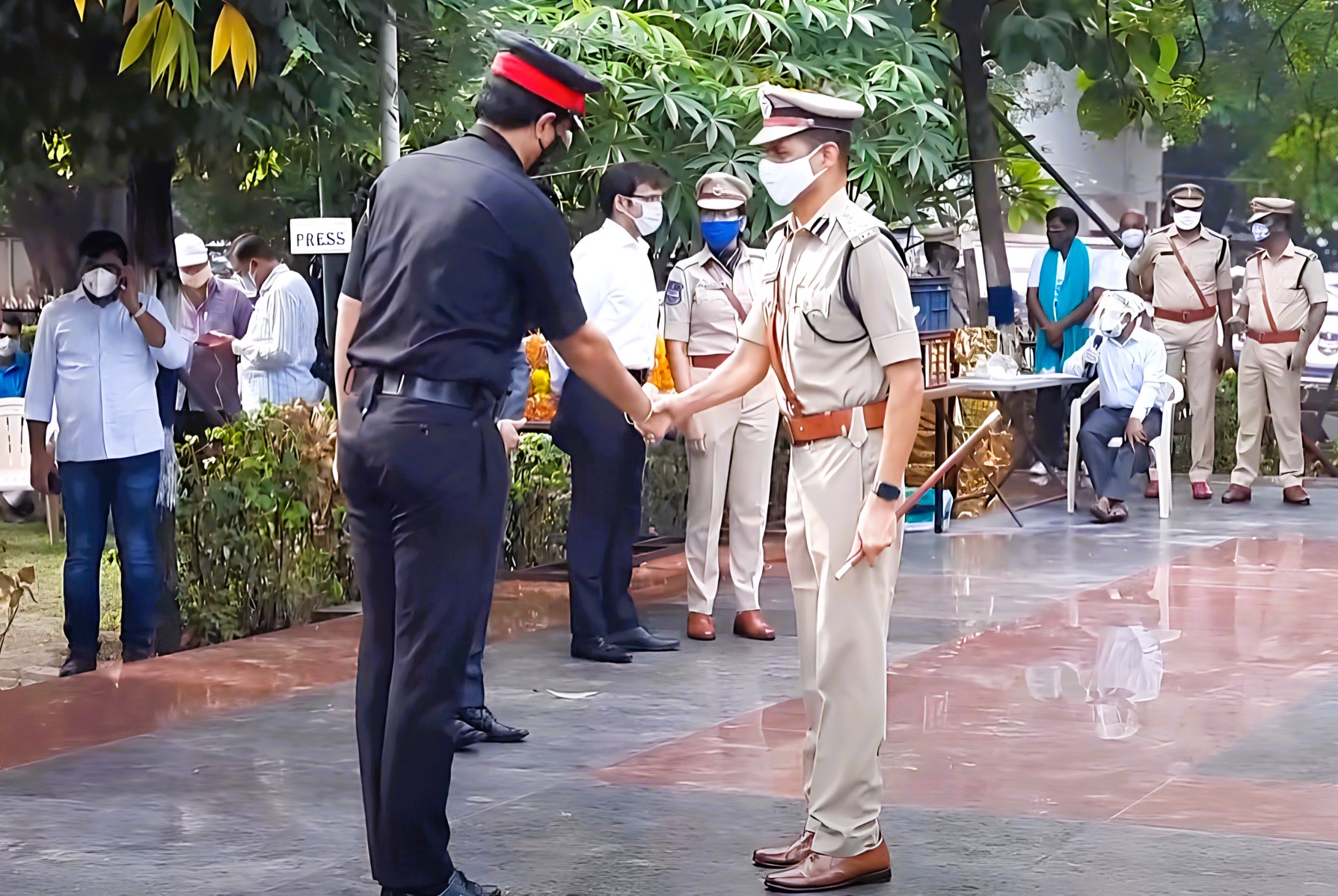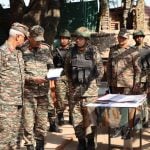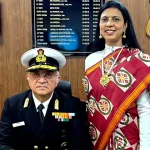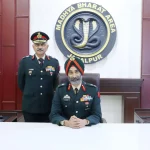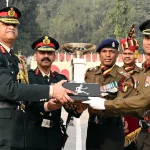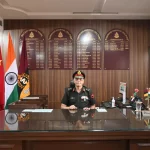The Indian government is composed of various branches, each with its own distinct roles and responsibilities. The military, represented by the Indian Army, and the police, embodied by the Indian Police Service (IPS), are two such integral components that work in tandem to ensure the safety and security of the nation.
While both institutions are essential for maintaining order and upholding the law, they operate under different chains of command and adhere to their respective protocols and traditions.
Understanding the nuances of these protocols is crucial in navigating the interactions and dynamics between the military and the police. The military, with its long-standing history and deeply ingrained hierarchical structure, places a strong emphasis on discipline, respect, and the acknowledgment of authority through various customs and rituals. One such tradition is the act of saluting, which serves as a visible display of respect and deference to one’s superiors.
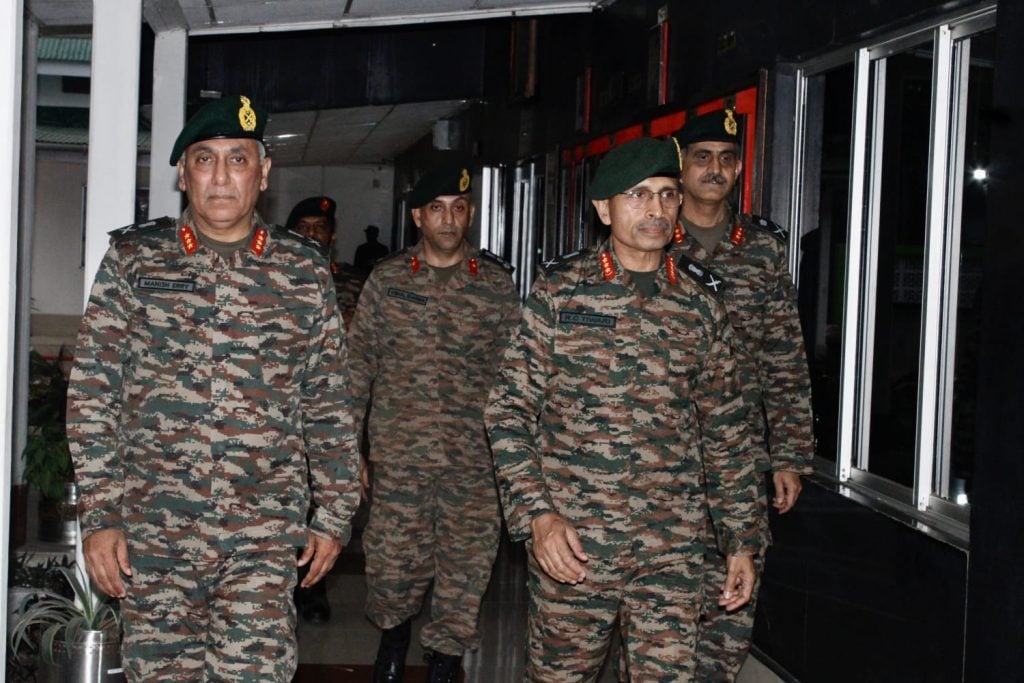
On the other hand, the IPS officers, while equally dedicated to their duties, operate within a different organizational structure and follow their own set of protocols. The question of whether Army officers salute IPS officers is a common one that arises when discussing the interplay between these two esteemed institutions. In this article, we will delve into the customs, traditions, and protocols that govern the interactions between Army officers and IPS officers, shedding light on the nuances of this intriguing dynamic.
The tradition of saluting in the military
The act of saluting is a deeply ingrained tradition in the military, with its origins tracing back to ancient times. In the military context, the salute serves as a visible symbol of respect, acknowledgment, and deference to one’s superiors. It is a gesture that is deeply rooted in the military’s culture of discipline, hierarchy, and the recognition of authority.
When an Army officer encounters a superior officer, they are expected to render a salute as a sign of respect and recognition of the other individual’s rank and position within the military hierarchy. This custom is not limited to interactions between officers; it also extends to the enlisted ranks, where lower-ranking soldiers are expected to salute their superiors as a mark of respect and obedience.
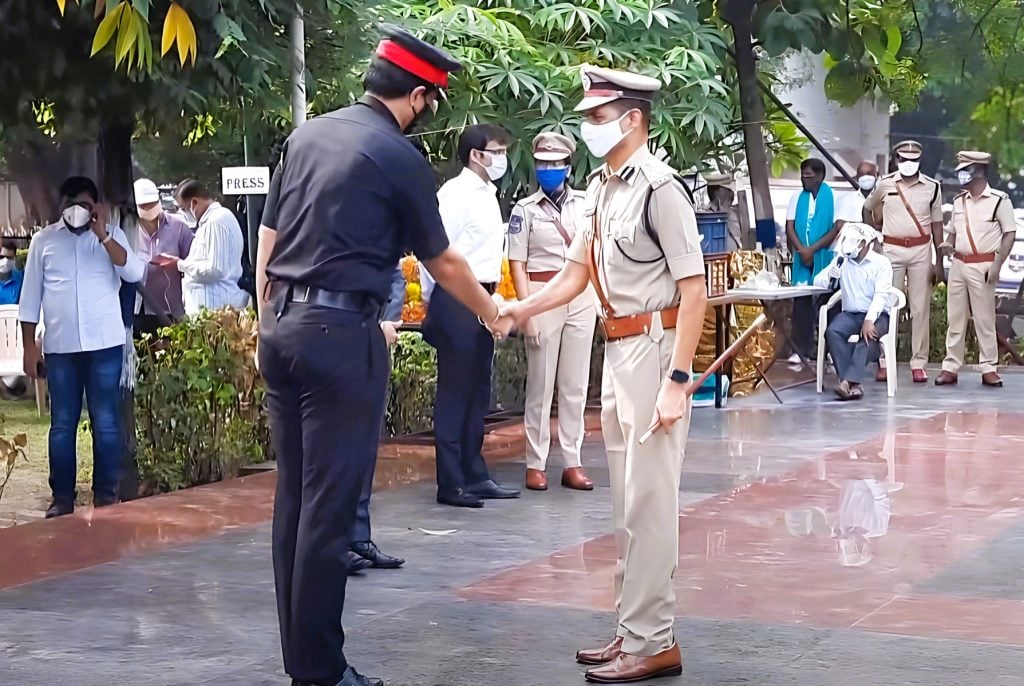
The salute is not merely a physical gesture; it carries with it a deeper significance. It represents the mutual understanding and acceptance of the military’s chain of command, where each individual recognizes and respects the authority and responsibilities of their fellow service members. This tradition fosters a sense of unity, cohesion, and discipline within the armed forces, ensuring the smooth functioning of the military apparatus.
The hierarchy of military ranks
The military’s organizational structure is built upon a well-defined hierarchy of ranks, each with its own distinct roles, responsibilities, and levels of authority. This hierarchy is not only crucial for the effective functioning of the armed forces but also serves as the foundation for the saluting protocol.
At the top of the military hierarchy are the commissioned officers, who hold the highest ranks and are responsible for the overall leadership and decision-making within the armed forces. These commissioned officers include the Chief of the Army Staff, the Lieutenant General, the Major General, the Brigadier, the Colonel, the Lieutenant Colonel, the Major, the Captain, and the Lieutenant.
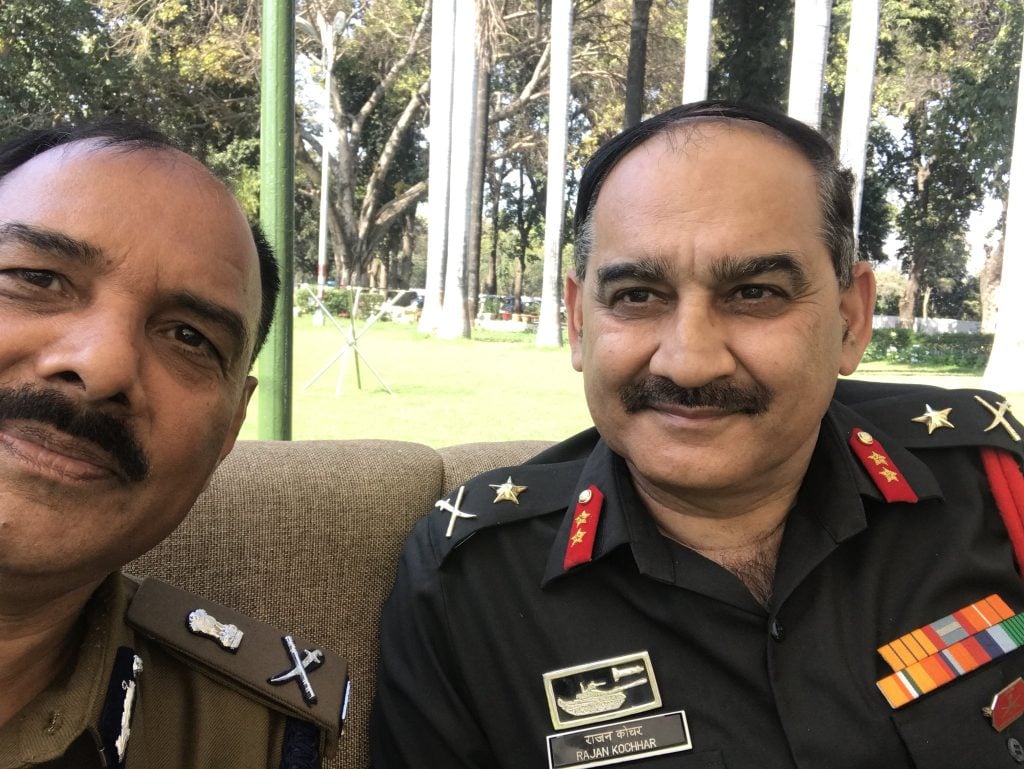
Beneath the commissioned officers are the non-commissioned officers, who hold positions of authority and responsibility within the enlisted ranks. These non-commissioned officers include the Subedar Major, the Subedar, the Naib Subedar, the Havildar, the Naik, and the Sepoy.
The saluting protocol within the military is strictly observed, with lower-ranking officers and enlisted personnel saluting their superiors as a sign of respect and acknowledgment of their authority. This protocol ensures that the military’s hierarchical structure is maintained and that the chain of command is respected at all times, contributing to the overall discipline and cohesion of the armed forces.
The role of IPS officers in the Indian police system
The Indian Police Service (IPS) is a prestigious civil service in India, responsible for the maintenance of law and order, the investigation of crimes, and the overall administration of the police force. IPS officers are highly trained and specialized individuals who play a crucial role in ensuring the safety and security of the nation.
Unlike the military, which operates under a strict hierarchical structure, the IPS officers function within a different organizational framework. They are part of the Indian Administrative Service (IAS), which is a broader civil service that oversees various government departments and agencies. IPS officers are typically posted to different states and districts, where they serve as the highest-ranking police officers responsible for the overall management and coordination of the local police force.
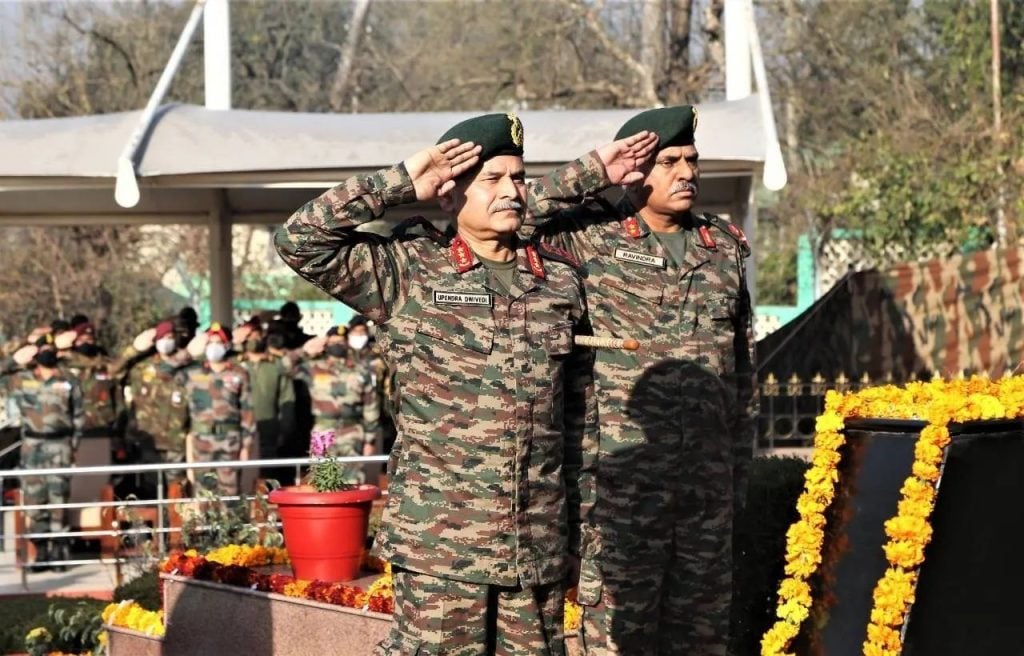
The IPS officers hold a unique position within the Indian government, as they are responsible for maintaining law and order, investigating crimes, and ensuring the effective implementation of government policies and directives. They work closely with other government agencies, including the military, to address various security challenges and ensure the well-being of the citizens.
While the IPS officers do not follow the same saluting protocol as the military, they are highly respected for their expertise, leadership, and dedication to their duties. The relationship between the IPS officers and the military is one of mutual understanding and cooperation, as they often collaborate on various security-related matters to ensure the overall safety and security of the nation.
Saluting protocols between army officers and IPS officers
When it comes to the saluting protocols between Army officers and IPS officers, it is important to understand the distinct roles and hierarchies of these two institutions. As mentioned earlier, the saluting tradition is deeply ingrained within the military, where lower-ranking officers and enlisted personnel are expected to salute their superiors as a mark of respect and acknowledgment of their authority.
However, this saluting protocol does not extend to IPS officers, as they operate within a different organizational structure and hierarchy. IPS officers are not part of the military chain of command and, therefore, do not hold the same rank or authority as Army officers. As a result, Army officers are not required to salute IPS officers as they would their own superiors within the military.
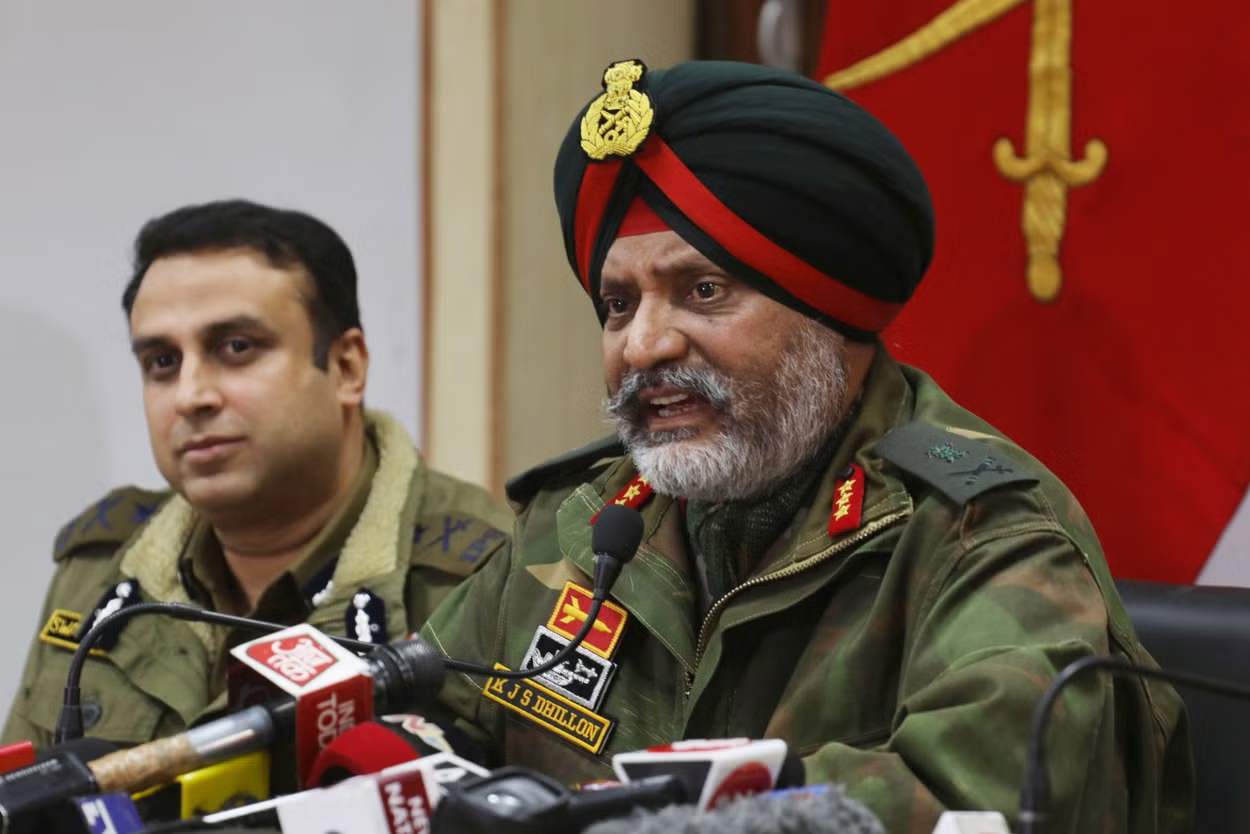
That being said, there are instances where Army officers may choose to salute IPS officers, but this is more of a gesture of courtesy and professional respect rather than a formal protocol. For example, when an Army officer encounters an IPS officer who is the head of a state police force or a high-ranking police official, they may opt to render a salute as a sign of respect and acknowledgment of the IPS officer’s position and authority within the law enforcement domain.
It is important to note that this saluting gesture is not mandatory and is entirely at the discretion of the Army officer. The IPS officers, on the other hand, are not expected to salute Army officers, as they operate within their own hierarchical structure and have their own protocols for acknowledging authority and respect.
Instances where army officers may salute IPS officers
While the general protocol dictates that Army officers do not salute IPS officers, there are certain instances where this custom may be observed as a gesture of courtesy and professional respect.
One such instance is when an Army officer encounters an IPS officer who holds a senior or high-ranking position within the police force, such as the Director-General of Police (DGP) or the Inspector-General of Police (IGP).
In these cases, the Army officer may choose to render a salute as a way of acknowledging the IPS officer’s authority and the important role they play in maintaining law and order within the state or region.
Another scenario where an Army officer may salute an IPS officer is during joint operations or collaborative efforts between the military and the police. When the two institutions work together to address security challenges or respond to emergency situations, the Army officer may salute the IPS officer as a gesture of respect and to signify the importance of the collaborative effort.

It is also worth noting that the decision to salute an IPS officer is often influenced by the specific context and the personal rapport between the individuals involved. In some cases, an Army officer may choose to salute an IPS officer as a sign of professional courtesy, even if the IPS officer is not in a senior position, if there is a strong working relationship or mutual understanding between the two individuals.
However, it is important to emphasize that these instances of Army officers saluting IPS officers are not mandatory or part of a formalized protocol. They are more of a voluntary gesture of respect and acknowledgment of the IPS officer’s role and authority within the law enforcement domain.
Instances where army officers may not salute IPS officers
While there may be instances where Army officers choose to salute IPS officers as a gesture of courtesy and respect, there are also situations where this saluting protocol does not apply.
The primary reason why Army officers do not salute IPS officers is due to the distinct hierarchical structures and chains of command that govern the two institutions. As mentioned earlier, IPS officers are not part of the military chain of command and do not hold the same rank or authority as Army officers within the armed forces. As a result, the saluting protocol that is strictly observed within the military does not extend to IPS officers.
Furthermore, the roles and responsibilities of Army officers and IPS officers, while both essential for the nation’s security, are fundamentally different. Army officers are primarily responsible for the defense of the country, the protection of its borders, and the conduct of military operations. IPS officers, on the other hand, are focused on the maintenance of law and order, the investigation of crimes, and the overall administration of the police force.
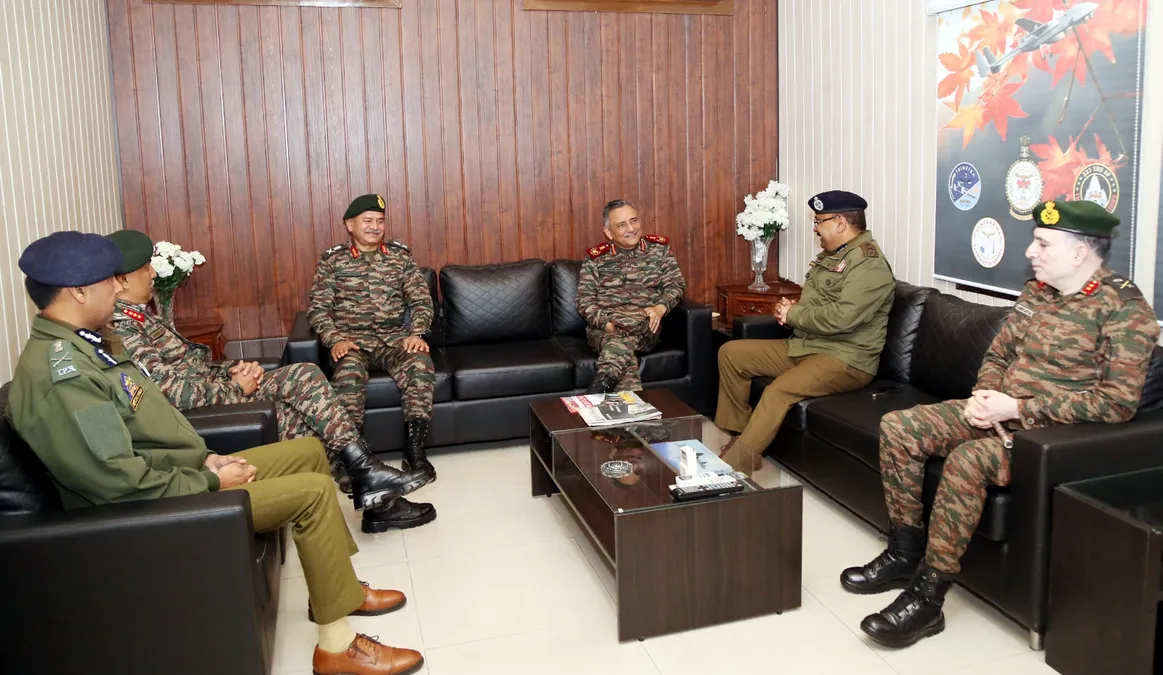
Given these distinct roles and organizational structures, the saluting protocol between the two institutions is not a formal requirement. IPS officers are not expected to salute Army officers, and Army officers are not obligated to salute IPS officers, except in the specific instances mentioned earlier where a gesture of courtesy and respect may be observed.
It is important to note that the lack of a saluting protocol between Army officers and IPS officers does not imply a lack of mutual respect or cooperation between the two institutions. In fact, the military and the police often work closely together on various security-related matters, and there is a strong sense of professionalism and collaboration between the two entities.
Mutual respect and cooperation between the army and IPS officers
While the saluting protocol may not extend between Army officers and IPS officers, there is a deep sense of mutual respect and cooperation between the two institutions. Both the military and the police play crucial roles in ensuring the safety and security of the nation, and they often work together to address various security challenges.
The Army and the IPS share a common goal of serving the nation and protecting its citizens. Despite their distinct organizational structures and chains of command, the two institutions recognize the importance of their respective roles and the need for effective collaboration and coordination to achieve their shared objectives.
This mutual respect and cooperation are manifested in various ways. For instance, during joint operations or emergency situations, Army officers and IPS officers work closely together to coordinate their efforts and ensure a seamless response. They share intelligence, resources, and expertise to address complex security threats and maintain law and order.
Furthermore, the Army and the IPS also engage in regular training exercises and joint exercises to enhance their interoperability and strengthen their working relationships. These collaborative efforts help to foster a sense of trust, understanding, and respect between the two institutions, ensuring that they can effectively work together to safeguard the nation’s interests.
It is this spirit of mutual respect and cooperation that underpins the relationship between the Army and the IPS, despite the absence of a formalized saluting protocol between the two institutions. The focus remains on the shared mission of serving the country and ensuring the safety and well-being of its citizens.
Instances where army and IPS officers work together
The Army and the IPS often collaborate on various security-related matters, leveraging their respective expertise and resources to address complex challenges. These instances of joint efforts and cooperation between the two institutions are crucial for maintaining the overall security and stability of the nation.
One such example is during natural disasters or humanitarian crises, where the Army and the IPS work together to coordinate relief efforts, provide assistance to affected communities, and ensure the restoration of essential services. In these situations, the Army’s logistical capabilities and the IPS’s local knowledge and community engagement can be combined to deliver a more effective and coordinated response.
Another scenario where the Army and the IPS collaborate is in the context of counter-insurgency operations. In regions facing insurgent threats, the Army’s specialized skills in combat and intelligence gathering, combined with the IPS’s understanding of the local dynamics and law enforcement expertise, can be leveraged to disrupt and neutralize the insurgent activities.
Additionally, the Army and the IPS often work together in the realm of border security and defense. While the Army is primarily responsible for guarding the nation’s borders, the IPS plays a crucial role in maintaining law and order and supporting the Army’s efforts in these border regions. This collaborative approach ensures a comprehensive and coordinated response to safeguard the country’s territorial integrity.
These instances of joint operations and collaborative efforts between the Army and the IPS demonstrate the importance of maintaining a strong and professional relationship between the two institutions. Despite the absence of a formal saluting protocol, the shared commitment to serving the nation and protecting its citizens remains the driving force behind their cooperation and mutual respect.
The importance of maintaining professional relationships and protocols
In conclusion, the question of whether Army officers salute IPS officers is a complex one that delves into the nuances of the military and police protocols in India. While the saluting tradition is deeply ingrained within the military hierarchy, it does not extend to IPS officers, as they operate within a different organizational structure and chain of command.
The lack of a formal saluting protocol between Army officers and IPS officers does not, however, imply a lack of mutual respect or cooperation between the two institutions. In fact, the Army and the IPS often work together on various security-related matters, leveraging their respective expertise and resources to address complex challenges and ensure the safety and well-being of the nation.
Maintaining professional relationships and adhering to established protocols are essential for the effective functioning of these vital government institutions. By understanding the distinctions and respecting the unique roles and responsibilities of each entity, the Army and the IPS can continue to work in harmony, contributing to the overall security and stability of the country.
As the guardians of the nation’s safety and security, the Army and the IPS play a crucial and complementary role in safeguarding the interests of the people. While their specific duties and organizational structures may differ, their shared commitment to serving the country and protecting its citizens is the foundation upon which their relationship is built. It is this spirit of cooperation and mutual respect that will continue to guide their interactions and ensure the seamless coordination of their efforts in the years to come.

